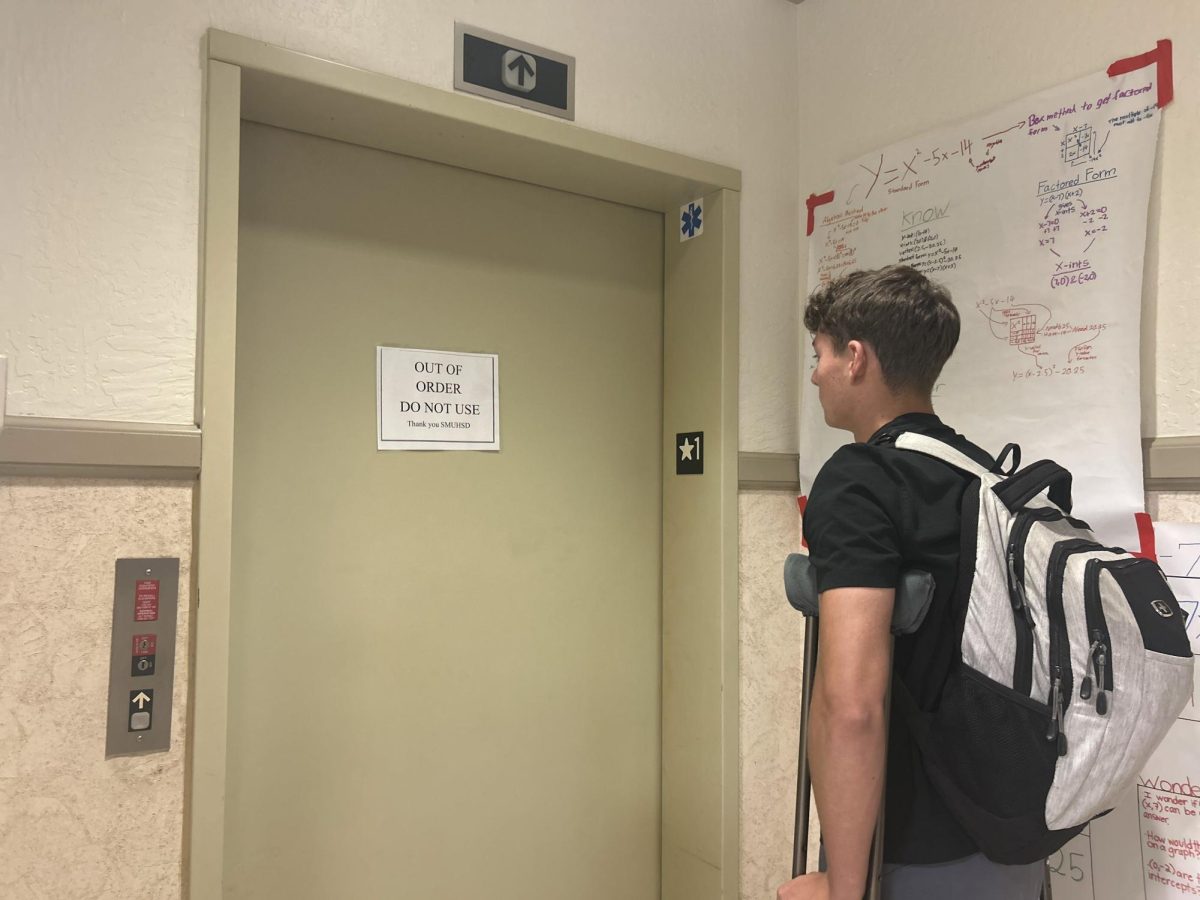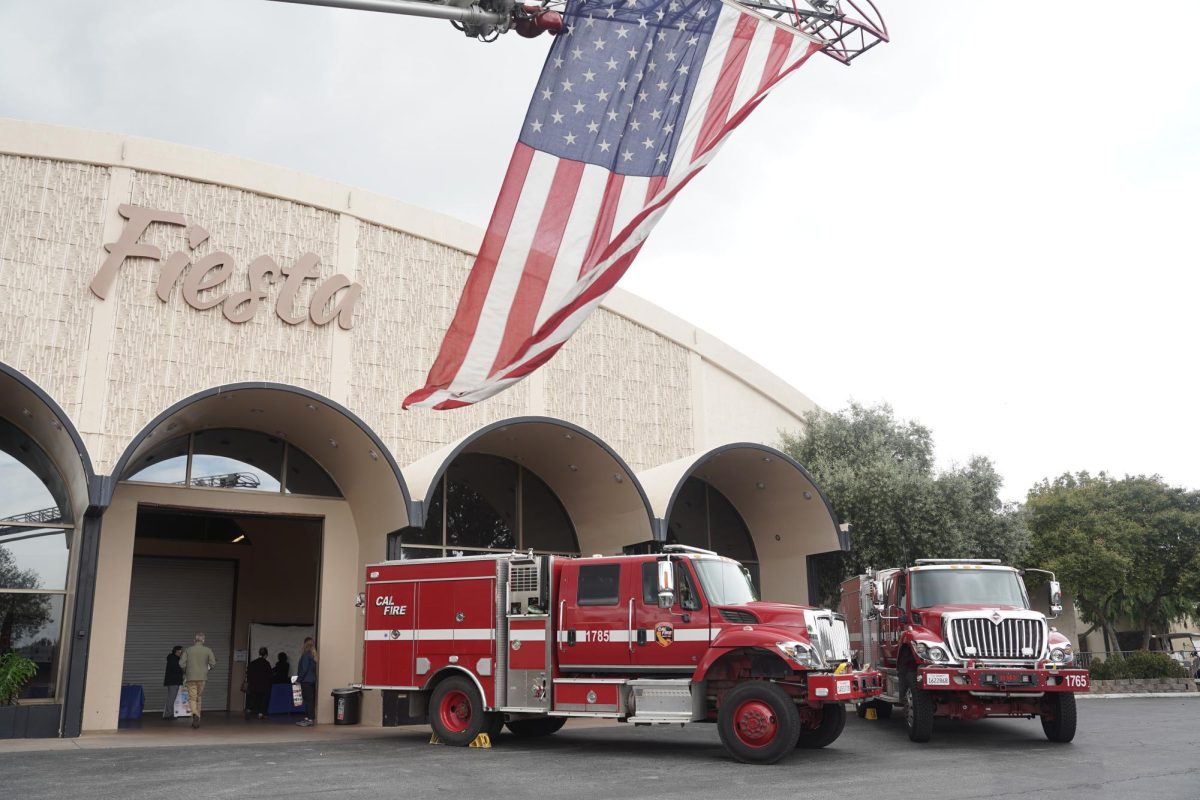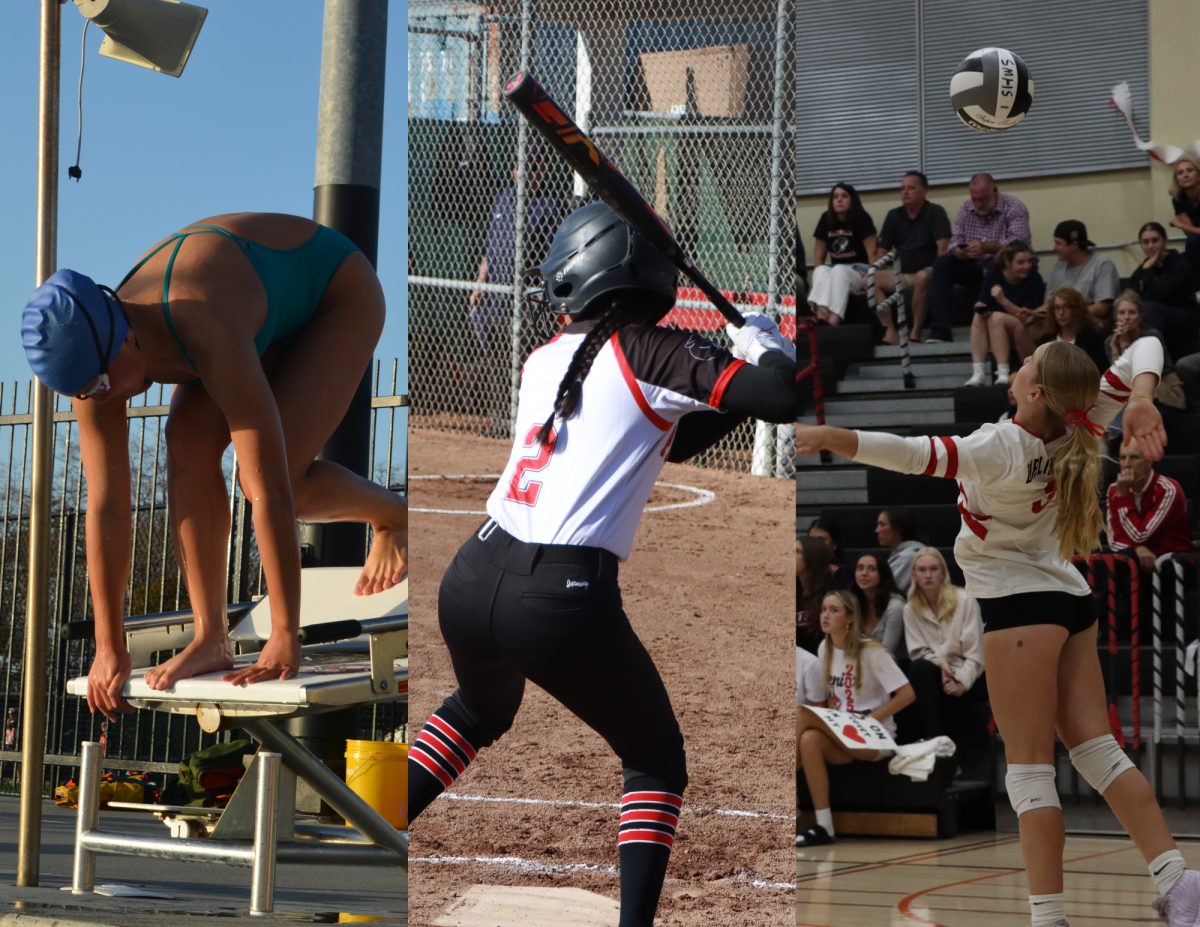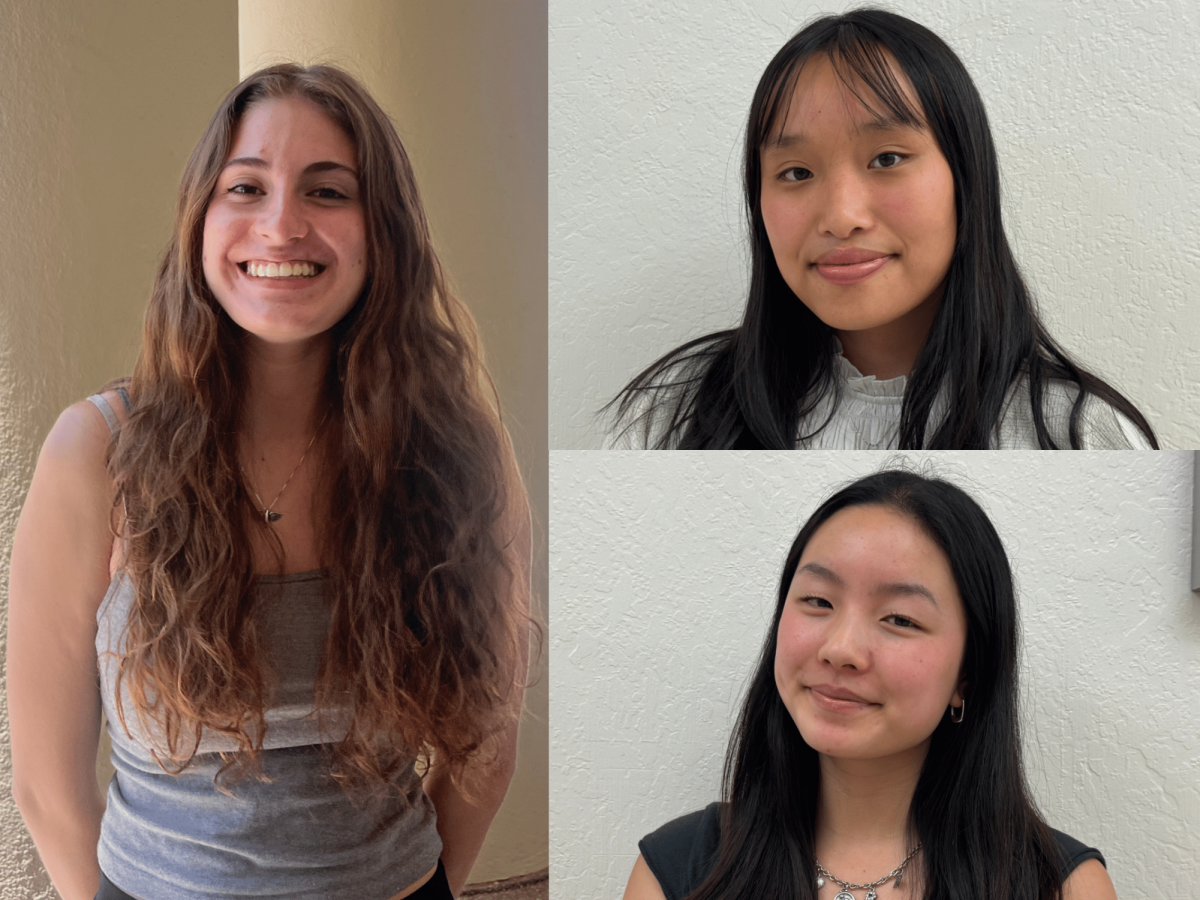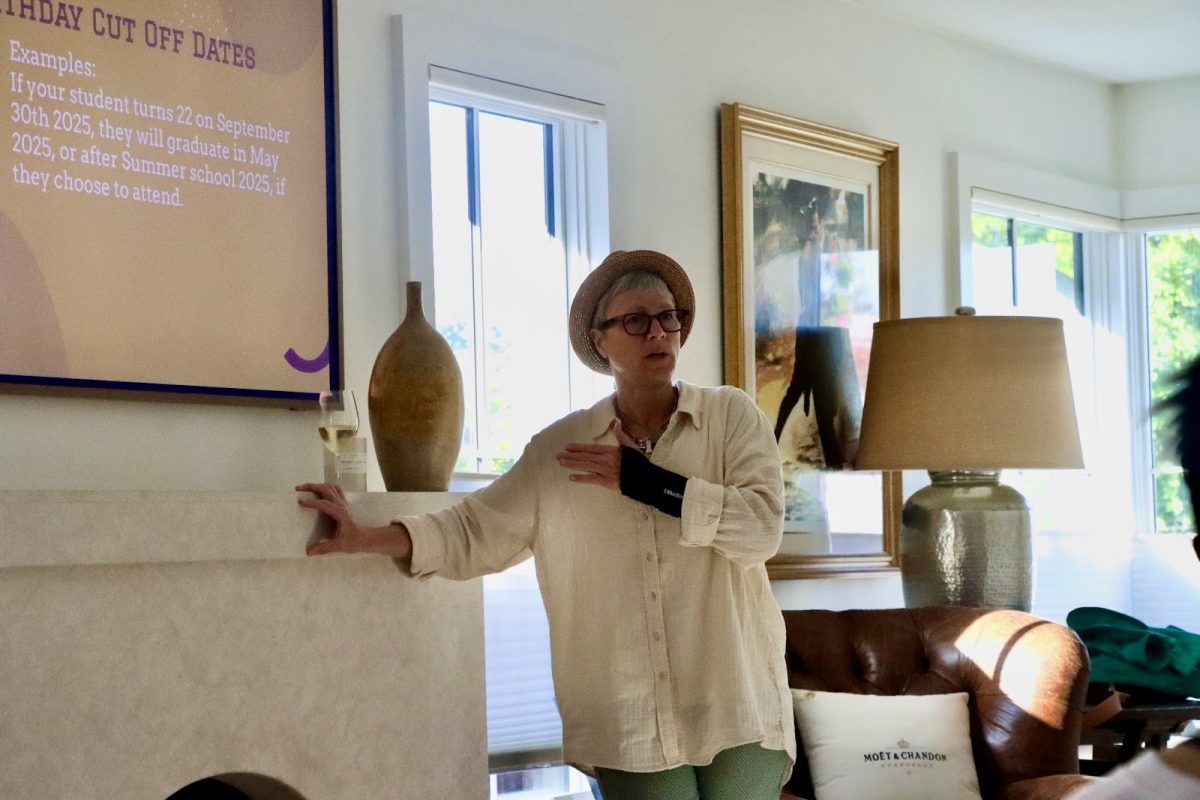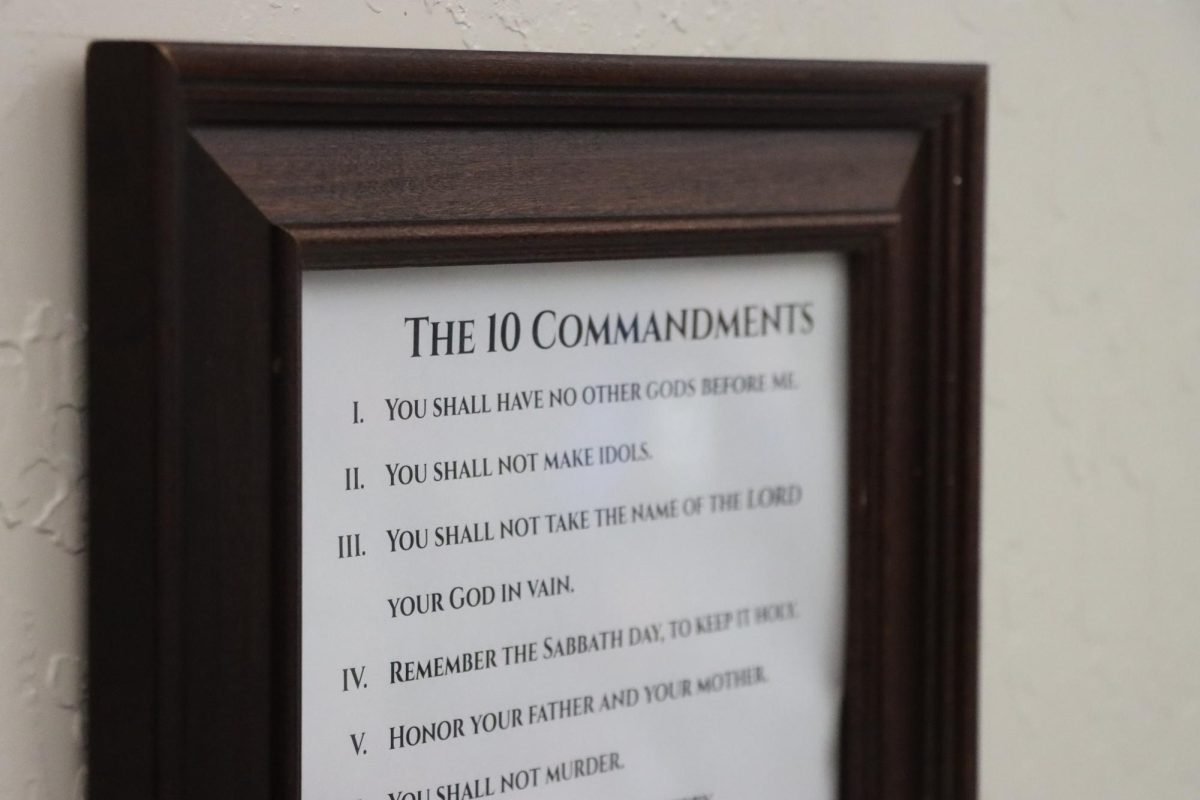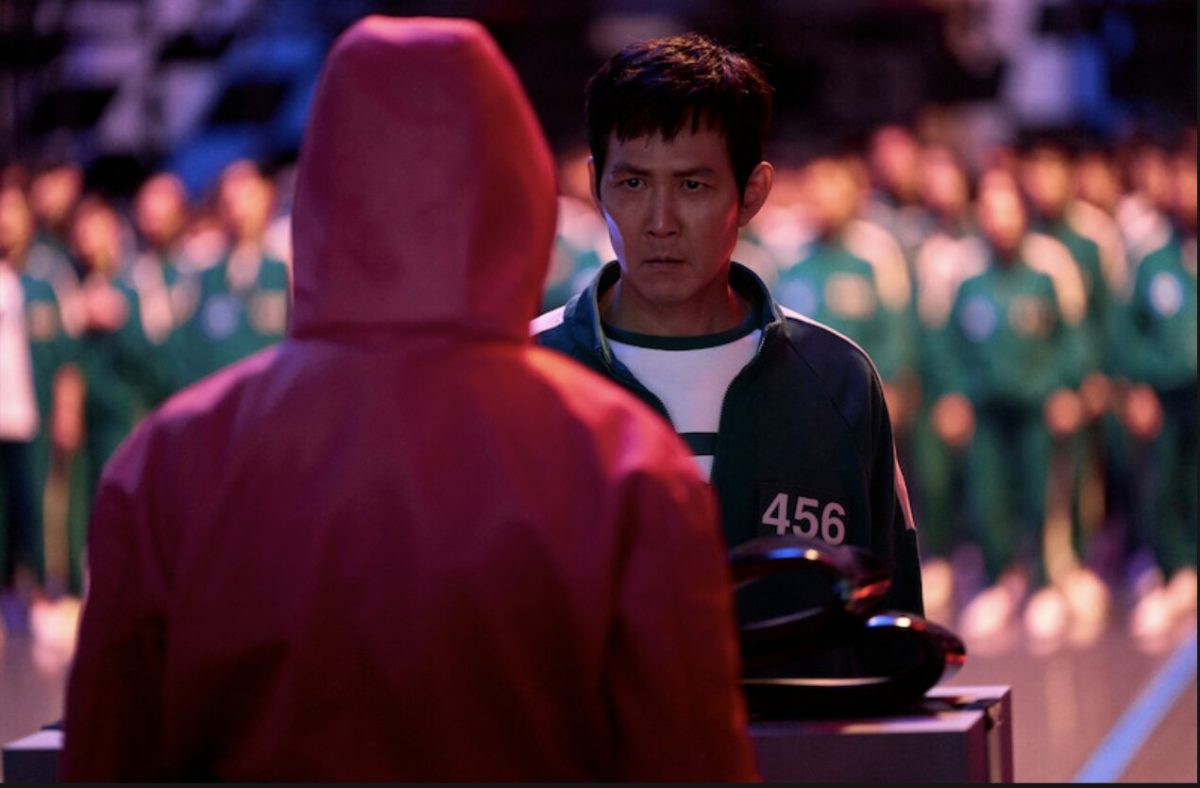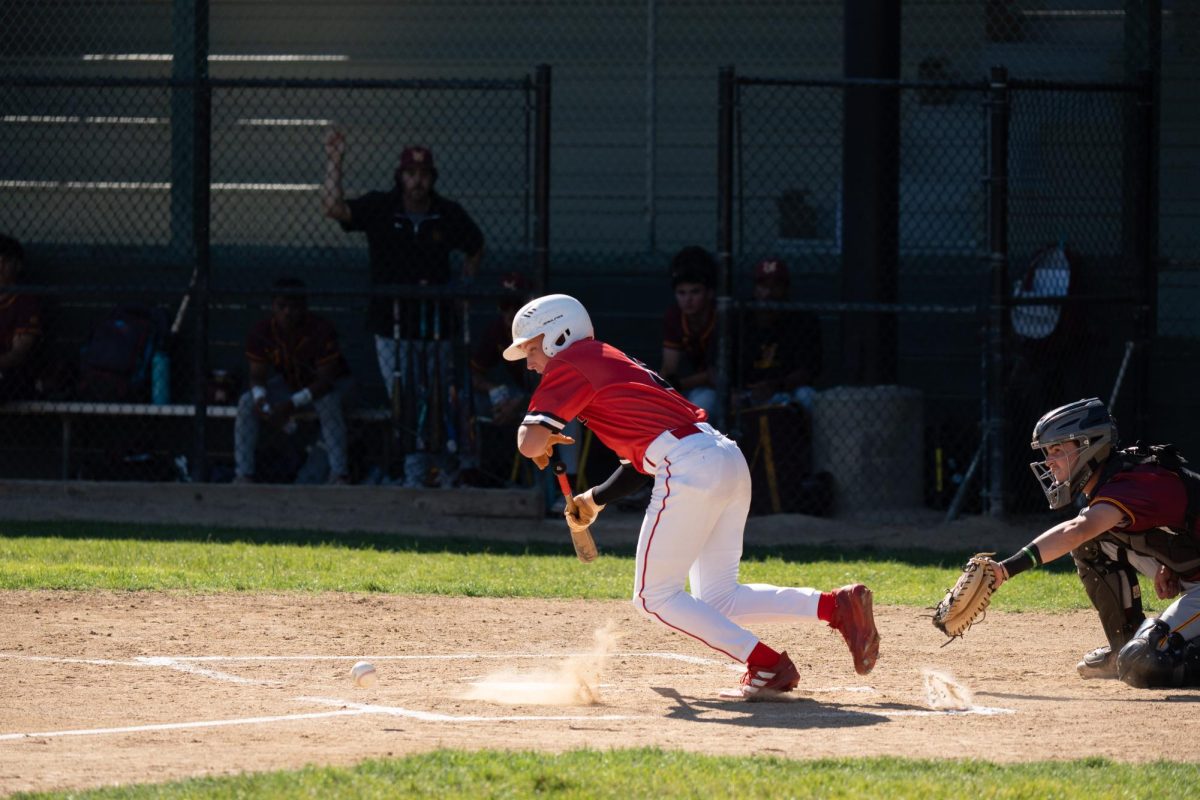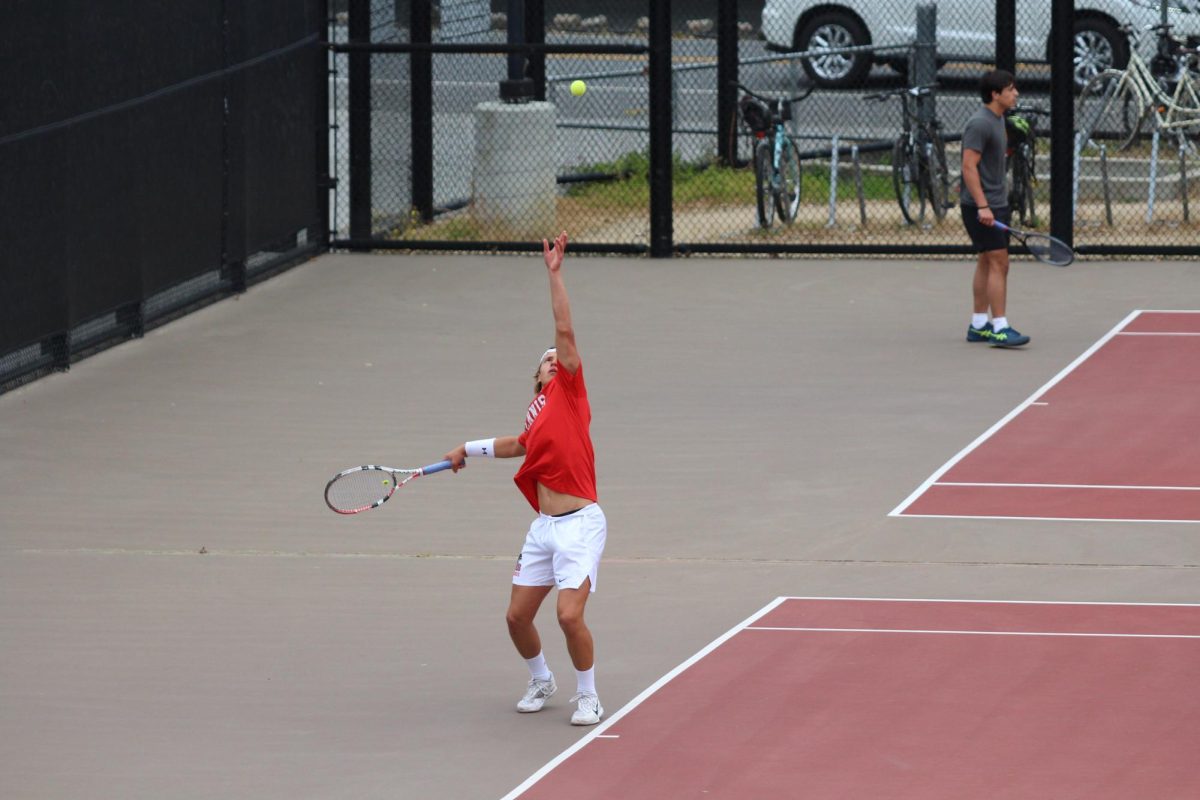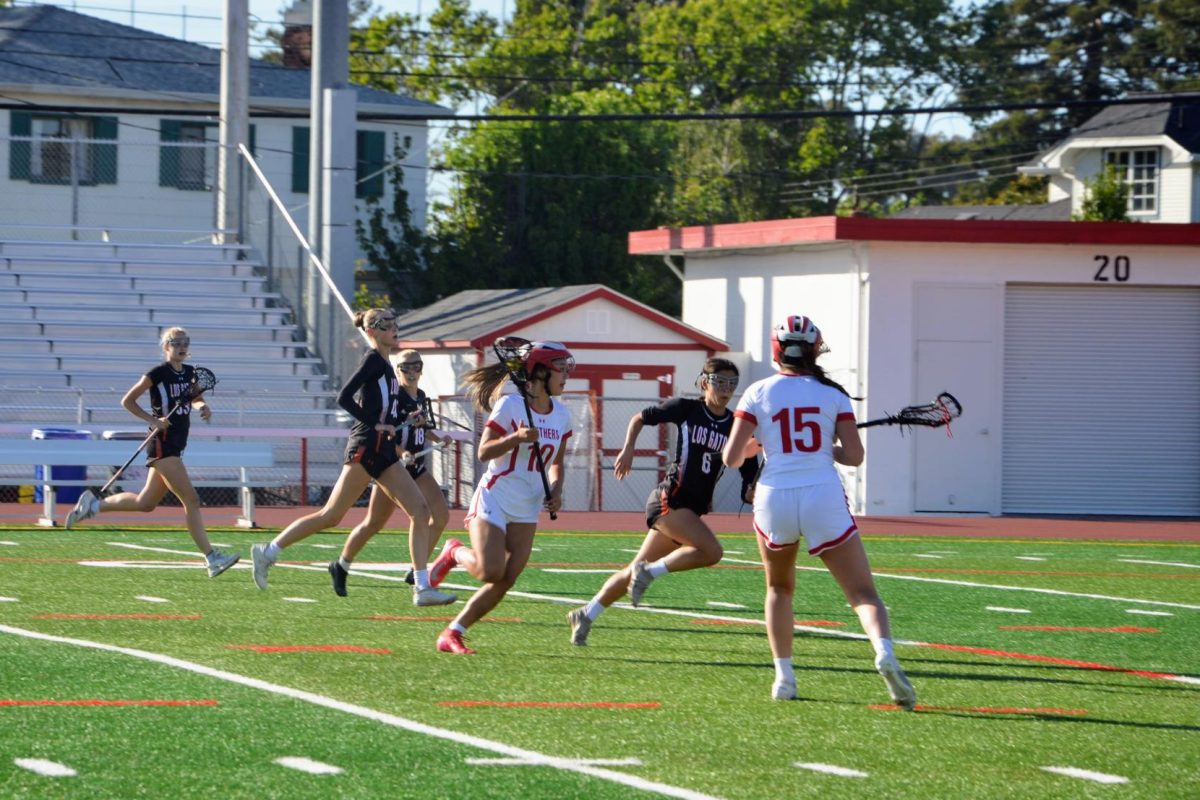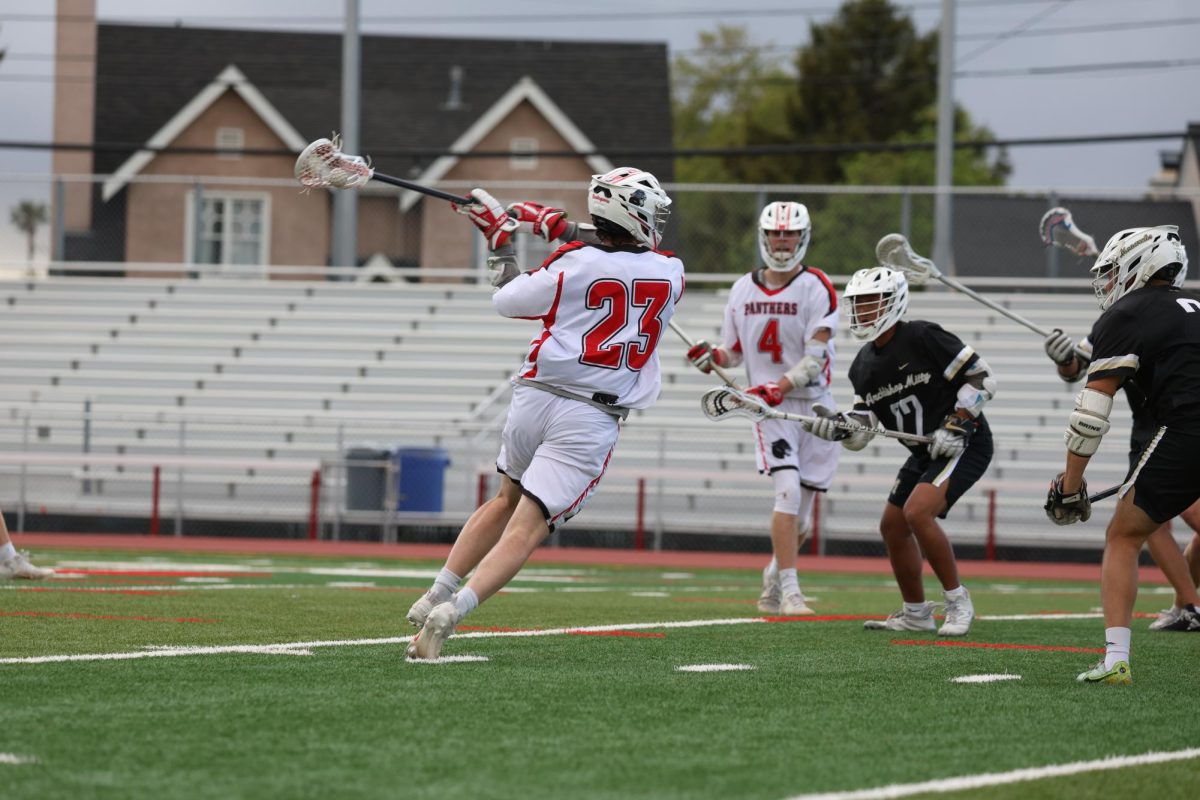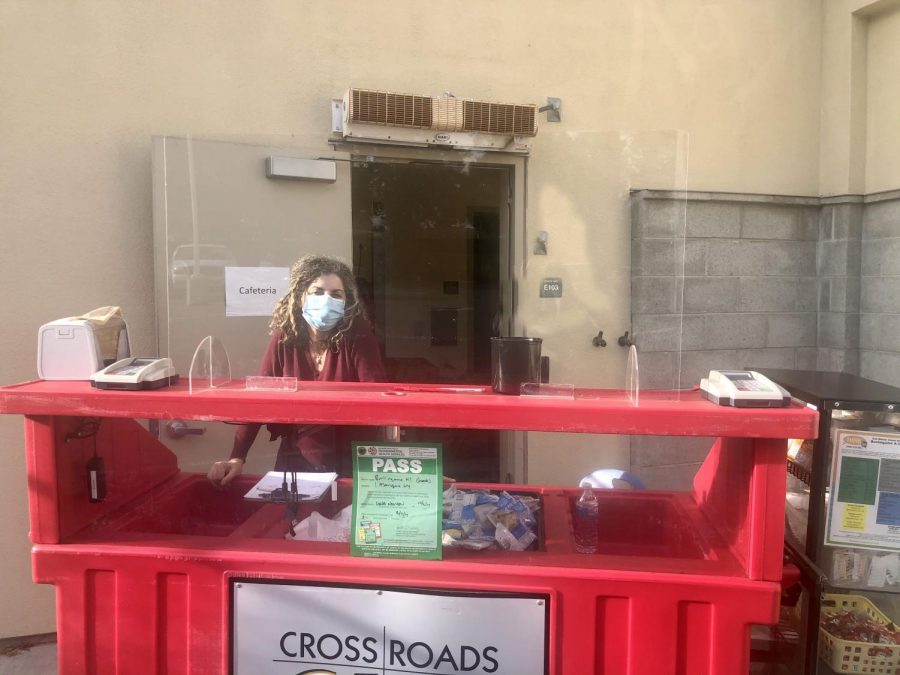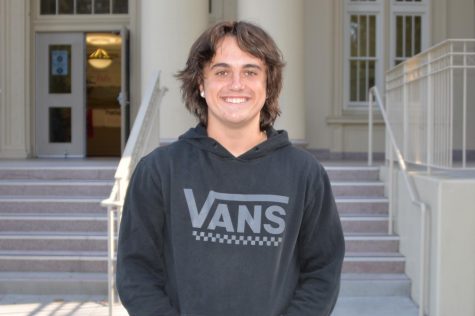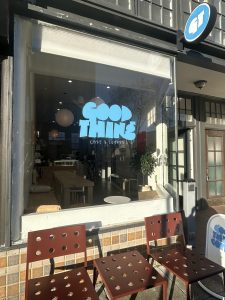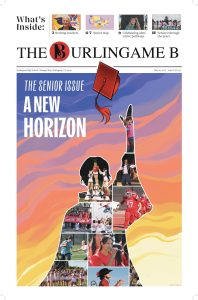Cafeteria workers adapt to the challenges of the pandemic
Manal Atallah (pictured) and Vicki Ottoboni (not pictured) have taken on the task of running the cafeteria by themselves.
December 15, 2020
In the rapidly changing world of high school during the pandemic, the school cafeteria has stayed open and strong, albeit with some changes to their procedures.
The Burlingame cafeteria is now run solely by cafeteria manager Vicki Ottoboni and Manal Atallah. There are no other cafeteria staffers, and no student workers. Prior to this school year, there were 8-9 people at a time working the cafeteria.
The biggest change in cafeteria operations is that they have extended their hours of serving. When students were in session, the cafeteria was only open during breaks and lunch; they now serve students and their families from 7:30 a.m.-10 a.m. and 11:30 a.m.-4 p.m.
Despite the increased hours, Ottoboni does not feel the change has been overwhelming at all. “The hours are longer, but the workload is similar to what it was,” Ottoboni said.
Since the beginning of the 2020-21 school year, parents and siblings of students in the district have been able to pick up food from the cafeteria. In fact, Ottoboni said that it was primarily parents picking up food.
One of the reasons the cafeteria can be ran by just two staffers is the new packaging of meals. Rather than coming to the campus for a hot meal each day, the cafeteria now gives families one week’s worth of frozen breakfasts and lunches that are easy to cook, in order to minimize contact. The cafeteria will serve anyone in the district, and the families of anyone in the district.
Atallah said that Monday is the busiest day, with about 40 people coming throughout the day, whereas Tuesday through Friday usually draw anywhere from 20 to 30 people a day.
Despite the smooth change, Ottoboni and Atallah miss the interactions with students that they would have during a regular school year.
“I know that they need the interaction as much as we need the interaction, but I also want them to stay safe,” Ottoboni said. “I do miss the interaction with kids, though. They’re fun.”



